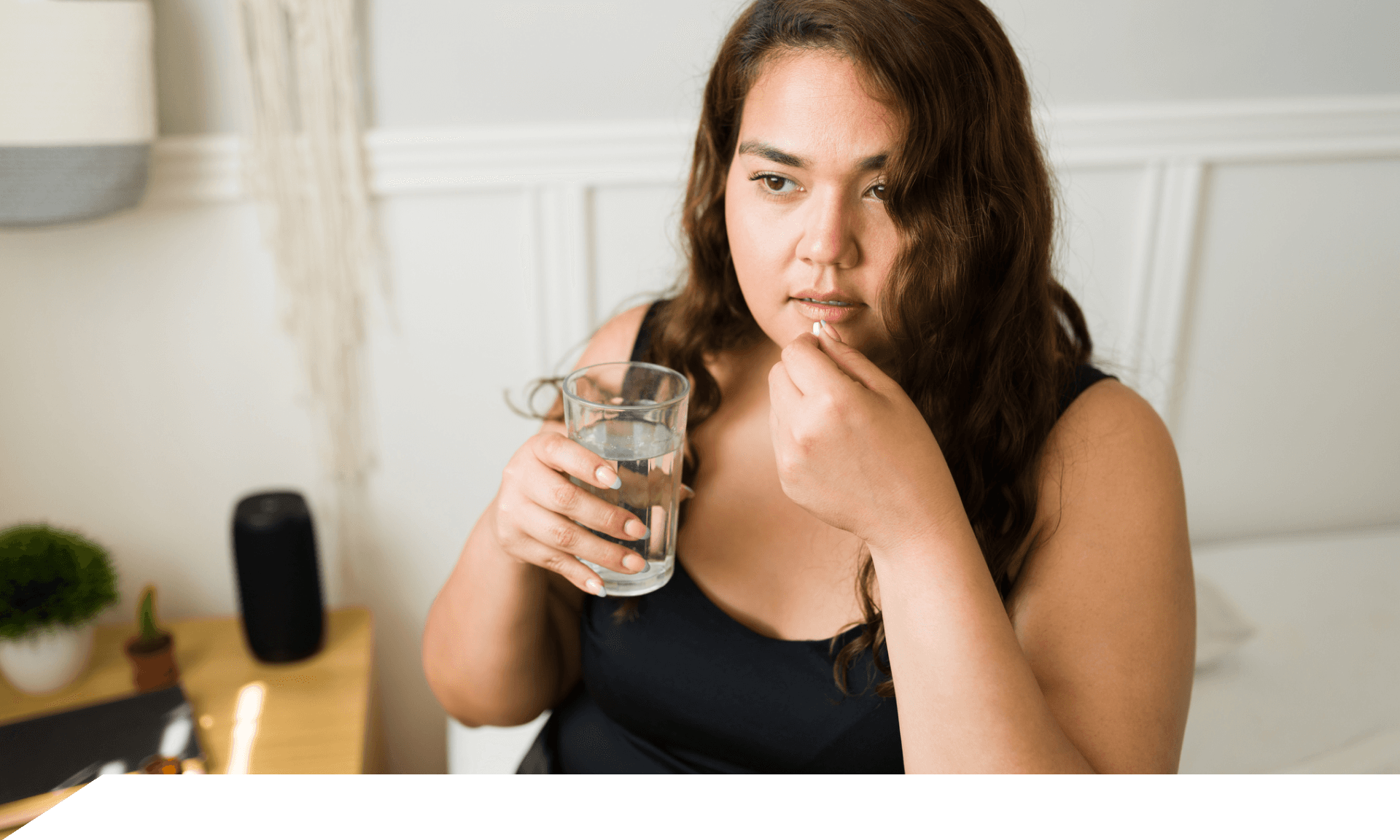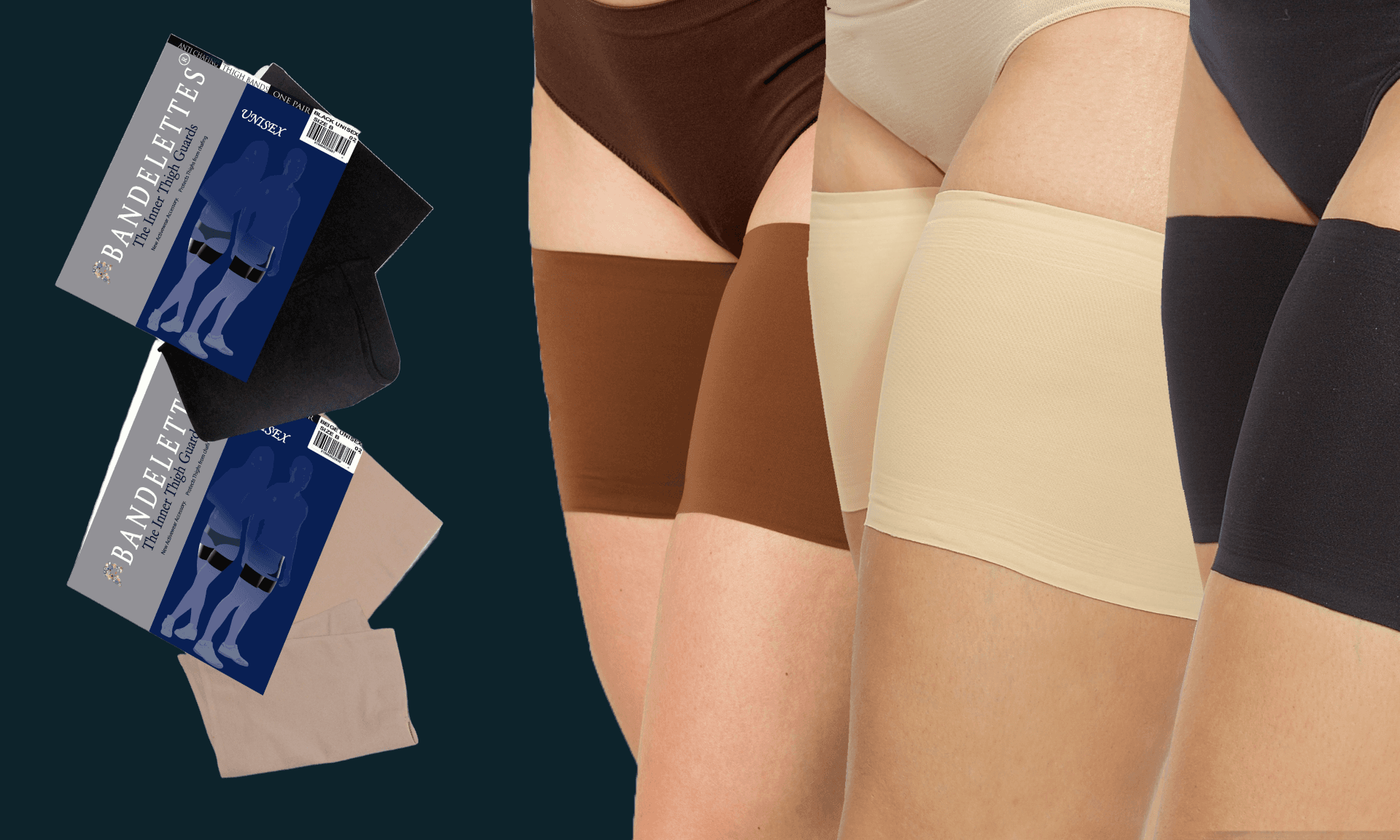Hi. Rant: I can’t stand when people declare that summer’s over before it’s actually over. Rushing my favorite season just makes me anxious. Here’s how I plan on maximizing the next six-ish weeks:
Trying these microhabits to start my days off right (#5 sounds lovely)
Curling up with a feel-good book
Avoiding “sunburning” and poo face masks at all costs
Keeping the vacation vibes going after it’s over
— Maria McCallen / Editor / Manhasset, NY
well, well, well...

Catch up on the latest health news, tips, and trends.
If you think rinsing fruit will get rid of all the pesticides, think again. But, in case we have to spell it out, the dishwasher isn't the answer either.
Age is just a number...until you hit 44 or so. That's when your heart health may take a big hit, according to new research. (Great.) There are things to do now that could help ease the potential blow.
A small study found that erythritol, a popular sweetener in low-carb products, has been linked to an increased blood clot risk. Not so sweet, after all.
Finally, an answer to the eternal summertime question: Why do we get so tired after spending time in the sun? Thanks, science.
Next time you’re feeling depressed, cue up some classical music, which may have a surprising effect on your brain. Beethoven still slaps.
PS: These long reads on the history of the word “abortion” and the future of IVF have us feeling some type of way about the current status of women’s health care.
we have to talk about…

The Complicated Truth About At-Home Health Tests
Food sensitivities. Cholesterol levels. Vaginal health. Supposedly, you can learn a lot about your health by shipping a DNA sample off to a company you found through an Instagram ad. When, like many women, you’re searching for a diagnosis and finding more questions than answers, at-home medical tests can seem like a way to finally find out what’s wrong.
They can be cheaper than seeing a specialist and offer convenience, discretion, and greater health care access. Many do find validation after receiving their test results, but these tests can also be limiting, get in the way of receiving proper treatment, and cause unnecessary anxiety along the way.
What at-home tests can and can’t do
Some home tests, like those for pregnancy and COVID-19, have been thoroughly studied and are more straightforward: They detect a certain amount of a hormone or protein and determine a positive or negative result. These you can trust.
Other home tests require expert interpretation, are based on incomplete research, aren’t FDA-approved, and/or leave out crucial pieces of information. For example:
Vaginal microbiome tests provide most bacteria levels in the microbiome, says Sonia Bahlani, MD. However, those bacteria are supposed to be there, and every healthy individual has a different microbiome. “While it’s effective in mapping the vaginal microbiome, there’s no benchmark for what we’re looking for,” she says.
At-home cholesterol tests may provide an accurate result, but don’t fully account for context like family history and lifestyle factors that impact your heart health.
Some food sensitivity tests detect IgG levels, which haven’t been proven as a reliable indicator of food sensitivities, and can lead to “unnecessary dietary restrictions,” says Tabitha Lowry, ND.
Providing health care requires knowledge and nuance — like your medical history, the severity of symptoms, appropriate treatment plans, and the ability to monitor that treatment — that doctors have.
Your move
Using these tests is often an attempt to fill gaps in health care, and does help some take back control. But your bathroom isn’t the same as a doctor’s office.
If the effectiveness of an at-home test isn’t heavily validated by research, it’s safest to address new or uncomfortable symptoms with a doctor, says Bahlani, even with the hurdles that scheduling and insurance involve. If your doctor can’t diagnose you or won’t listen, don’t be afraid to stand up for yourself or get a second opinion.
If you want to try an at-home test:
Use this free tool from the FDA to find out more about the product.
Check the expiration date.
Make an appointment with a doctor to discuss your results.
Treat the results “as an initial screening, not a definitive diagnosis,” Lowry says.
ask an expert

Last week, we asked you to vote on a question to answer. The winner was:
Are there different types of anxiety meds? How do I know which is right for me?
FEATURED EXPERT:

Sasha Hamdani, MD
A board-certified psychiatrist who specializes in anxiety disorders
There are a few different categories:
Benzodiazepines
SNRIs
SSRIs
Tricyclic antidepressants
Some are long-acting, which “give you the most coverage throughout the day.” Others are short-acting — but with those, “you [may] have to worry about abuse and addiction potential,” says Hamdani.
Click here for more info on finding the right meds for you.
we tried it

This week, Maria also tested out an anti-chafing thigh band that bills itself as “attractive and discreet.”
What we tried: Bandelettes Performance Thigh Bands
What it’ll cost you: $19.99
What we thought: 8/10. Placement of these bands is crucial: Wear them too high and they’ll roll up; wear them too low and they’ll fall down your leg. Once I figured that out, the bands felt smooth and lightweight (dare I say, like butter) — even while walking around hot, humid NYC. Aside from my go-to shorts shapewear, this is the best anti-chafe method I’ve tried.
*This review has been edited for length and clarity.
Have a hack or review to share? Let us know at well@theskimm.com.
quote of the week

"1.5 ounces"
The recommended amount of cheese to eat per day, according to some experts. That’s a typo, right?
Subscribe to Skimm Well
Sign up here to receive our wellness newsletter filled with actionable advice, expert-vetted content, product recs, and more — delivered directly to your inbox.